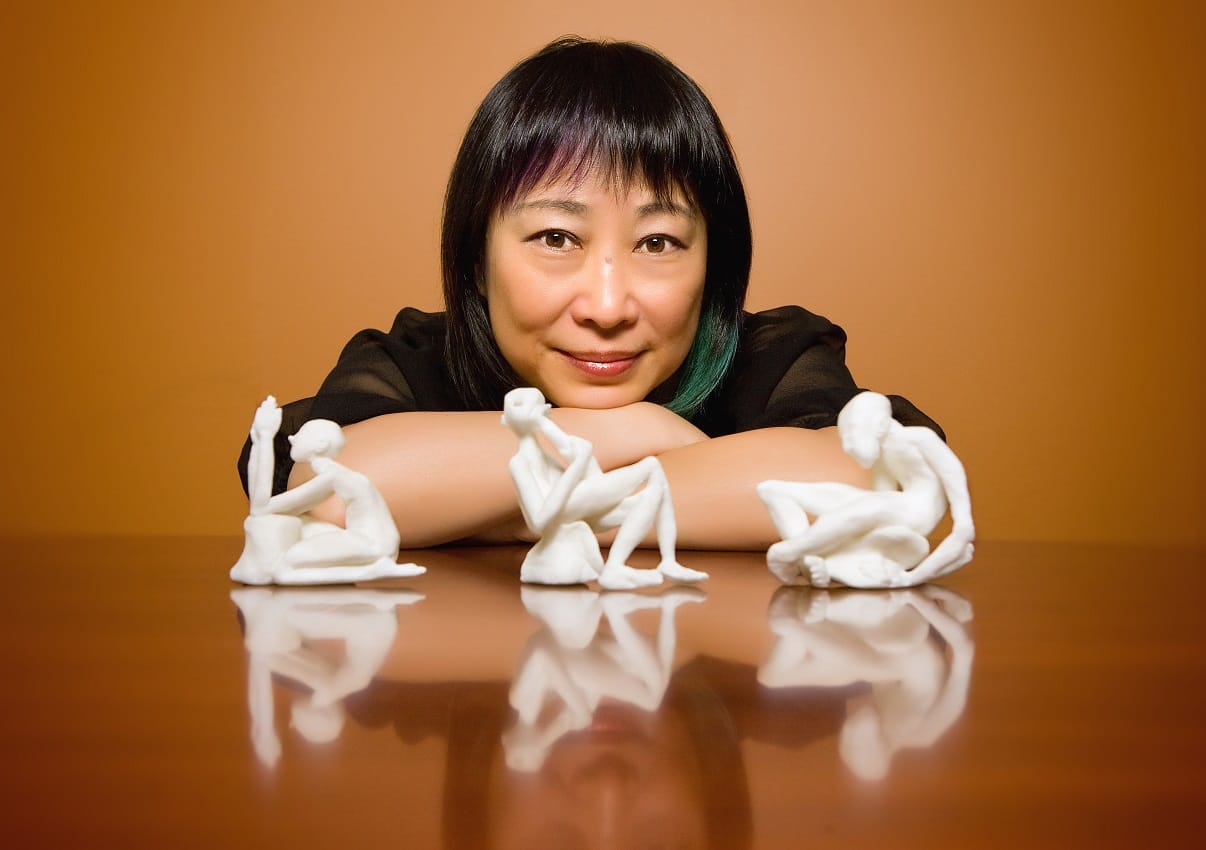
Red Guards and Cultural Revolution in China essay
It is known that the Red Guards played an important role in the Chinese Cultural Revolution as they were the frontline implementers of the main changes in the society. As the major goal of the Cultural Revolution in China was to make everything possible to remove capitalists from state power and prevent the development of capitalism in the country, the Red Guards were inspired by the idea to protect the Chinese Socialist Movement (Chan 117). Most of the Red Guards were young people whose beliefs and hopes were focused on Mao Zedong’s politics. They worshiped Mao Zedong and believed him. The formation of factions was based on individual interpretations of the leader’s statements. All groups of the Red Guards pledged loyalty to Mao Zedong, the leader of the Cultural Revolution. However, Mao Zedong “did not particularly like or trust his young Red Guards. He was simply using them” (Chang 286). Moreover, the numerous acts of vandalism and torture were not always devoted to the Red Guard’s leader, as the young Red Guards “were just having a wild time, having been licensed to indulge their worst instincts” (Chang 286). It is known that young people whose parents were party members and of revolutionary origin formed the conservative factions. The conservative factions were focused on the so called “socio-political status quo” (Chang 134). Those young people who lived in the countryside and had no ties to the Chinese Communist Party joined radical factions of the Red Guards. Their goal was to change and uproot local government leadership. The major goal of the radical fraction of the Red Guards was to change existing systems of power in order to benefit the poor (Chan 118). It is known that a lot of young people were influenced by free ideas and most of them joined the radical faction of the Red Guards. The violence of struggles between the Red Guard factions was based on different ideologies and different approaches. It is known that “only a small proportion of the Red Guards was actually involved in cruelty or violence” (Chang 286). The radical Red Guards were called “to charge out of their schools and smash up the four olds: defined as old ideas, old customs, old culture and old habits” (Chang 284). The conservative or loyal Red Guards criticized those who were of bad class background while rebels criticized authority figures who could become new bourgeoisie in the Chinese society. For example, “in practically every school in China, teachers were abused and beaten, sometimes fatally. Some schoolchildren set up prisons in which teachers were tortures” (Chang 284). Moreover, the rebel Red Guards allowed those who had bad class backgrounds to join their faction.
It is known that the Cultural Revolution in China had enormous impact on the society. The extensive use of political slogans and rhetoric influenced the life of all people as these slogans were used all spheres of human activity. Moreover, it is possible to conclude that the actions of people in the Cultural Revolution marked a break with Chinese culture and traditions. For example, in Tibet, thousands of monasteries were destroyed and millions of people were persecuted for their cultural ideas. During the Cultural Revolution, many historical places, museums, artifacts were seriously damaged as they were known as “the old ways thinking” (Chan 47). Moreover, the status of traditional Chinese culture was also severely damaged during the Cultural Revolution. It is known that many different traditional customs which include fortune telling and paper art, wearing traditional wedding dresses during wedding ceremonies, the use of the traditional calendar, as well as scholarship in classical Chinese literature have been changed or even eliminated (Wolf 109).
It is found that the Cultural Revolution produced many long run changes in Chinese society. First of all, the Cultural Revolution had negative impact on the country’s economy. From 1966 to 1977, many people in China lived in poverty and many of them had no opportunity to get education. This fact means that many talented people in Chine could not develop their talents and contribute to the economic development of the country. Moreover, the education system of Chine took many years to be repaired. In addition, it is necessary to say that the corruption in the government during the Cultural Revolution left all people in fear (Wolf 132). Although many people in China lost their properties, jobs and even lives, the end of the Cultural Revolution meant that the lives of many people in Chine would be improved.

